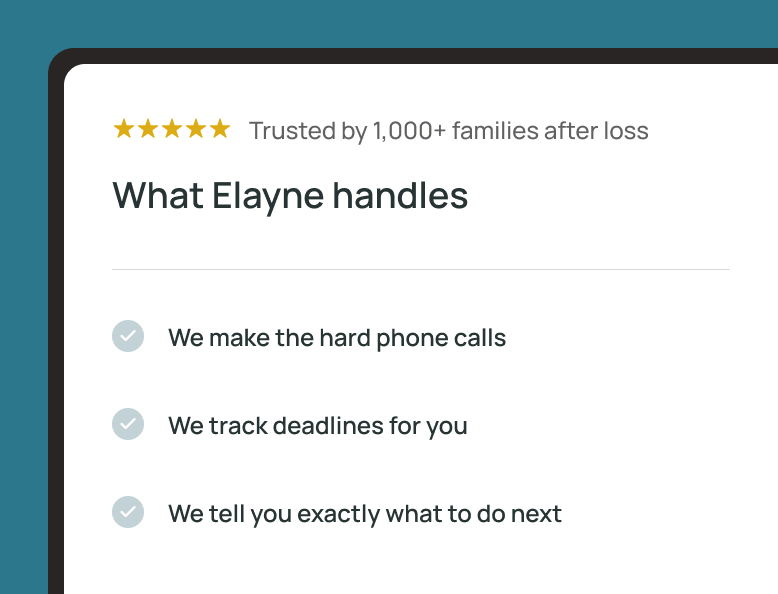When a loved one passes away, their estate often enters a legal process called probate. For many families, this is the first time navigating probate law—a complicated, time-consuming, and often costly process. One of the most frequently asked questions during this period is about probate attorney fees.
Understanding what these fees cover, when probate is necessary, and the legal implications involved can help you move through this difficult time with more clarity and fewer surprises.
What Is Probate?
Probate is the court-supervised process of distributing a deceased person’s assets, settling debts, and ensuring their will (if one exists) is valid and followed correctly.
If there is no will, probate still occurs — but the court decides who receives the estate based on state intestacy laws.
Probate involves:
- Verifying the will’s validity
- Appointing an executor or administrator
- Inventorying and appraising assets
- Notifying creditors and settling debts
- Filing and paying taxes
- Distributing remaining assets to family and next of kin
While some smaller estates can avoid formal probate, many estates — particularly those with real estate, investments, or disputes — must go through the process. That’s where probate attorneys become crucial.
Why Probate Is Complicated
Probate isn’t just paperwork. It's a legal process involving deadlines, court filings, asset appraisals, and often, family disagreements. Some of the complexities that arise include:
- Multiple next of kin or beneficiaries with competing interests
- Out-of-state property requiring separate legal actions
- Contested wills that require litigation
- Unclear or missing estate plans
- Large debts or unpaid taxes
In addition, probate laws vary by state, and the required forms and procedures can be confusing. Even simple estates can take six months to a year or more to settle. That’s why many families hire a probate attorney — but this service comes with a cost.
How Much Do Probate Attorneys Cost?
Probate attorney fees can vary widely based on several factors, including:
- The size and complexity of the estate
- The location (state probate laws differ)
- Whether the estate is contested
- Whether litigation or additional legal filings are needed
There are three common ways probate attorneys charge for their services:
1. Hourly Fees
This is the most common fee structure. Attorneys bill for their time in 15-minute or hourly increments, and rates typically range from $150 to $500 per hour, depending on experience and region.
Pros: You only pay for the work performed.
Cons: Bills can add up quickly, especially if complications arise.
2. Flat Fees
Some probate attorneys offer a flat fee for handling standard estates. This can range from $3,000 to $7,000 or more, depending on complexity and local market rates.
Pros: Predictable cost and no surprise billing.
Cons: Less flexibility if the estate becomes more complicated than expected.
3. Percentage of the Estate
In some states (like California and Florida), attorneys may charge a percentage of the total estate value. Commonly allowed rates include:
- 4% of the first $100,000
- 3% of the next $100,000
- 2% of the next $800,000
For a $500,000 estate, this could mean $13,000 in attorney fees — even if the actual work required is minimal.
Pros: Easy to calculate based on estate size.
Cons: Can be costly if the estate is large but uncomplicated.
Are Probate Attorney Fees Paid Out of Pocket?
Generally, probate attorney fees are paid from the estate itself, not directly by the beneficiaries. This means the estate’s assets (bank accounts, property sales, etc.) are used to pay legal costs before distributions are made to beneficiaries.
However, beneficiaries might be personally responsible for attorney fees if:
- The estate runs out of funds
- They hire a lawyer for individual representation in a contested matter
- They are challenging the will or other beneficiaries
Other Legal Issues Next of Kin Should Know Regarding Probate Attorney Fees
Beyond attorney fees, families should be aware of several legal issues related to probate:
1. Executor Fees
The executor of the estate (sometimes called a personal representative) is also entitled to compensation. In many states, this is a percentage of the estate, similar to attorney fees. If the executor waives this fee, it must be done in writing.
2. Debts and Taxes Come First
Beneficiaries do not receive any inheritance until the estate's debts, taxes, and administrative costs are paid. If the estate is insolvent, beneficiaries may receive nothing.
3. Beneficiaries Can Dispute Fees
If you believe attorney or executor fees are excessive or unreasonable, you can challenge them in probate court. The court must approve all fees before the estate is closed.
4. Avoiding Probate Is Possible
Probate attorney fees are a common part of settling an estate. Understanding how they're calculated—and what services they cover—can help you avoid surprises. Ask early about fee structures, get estimates in writing, and remember that most fees are paid from the estate, not directly by family members who are inheriting the estate.
Even if this process feels overwhelming, you don’t have to navigate it alone. At Elayne, our Care Managers are here to guide you through the probate process, help you stay organized, and make sure you have the information and documents professionals need. With the right support, you can move through this difficult time with more clarity and confidence.












































